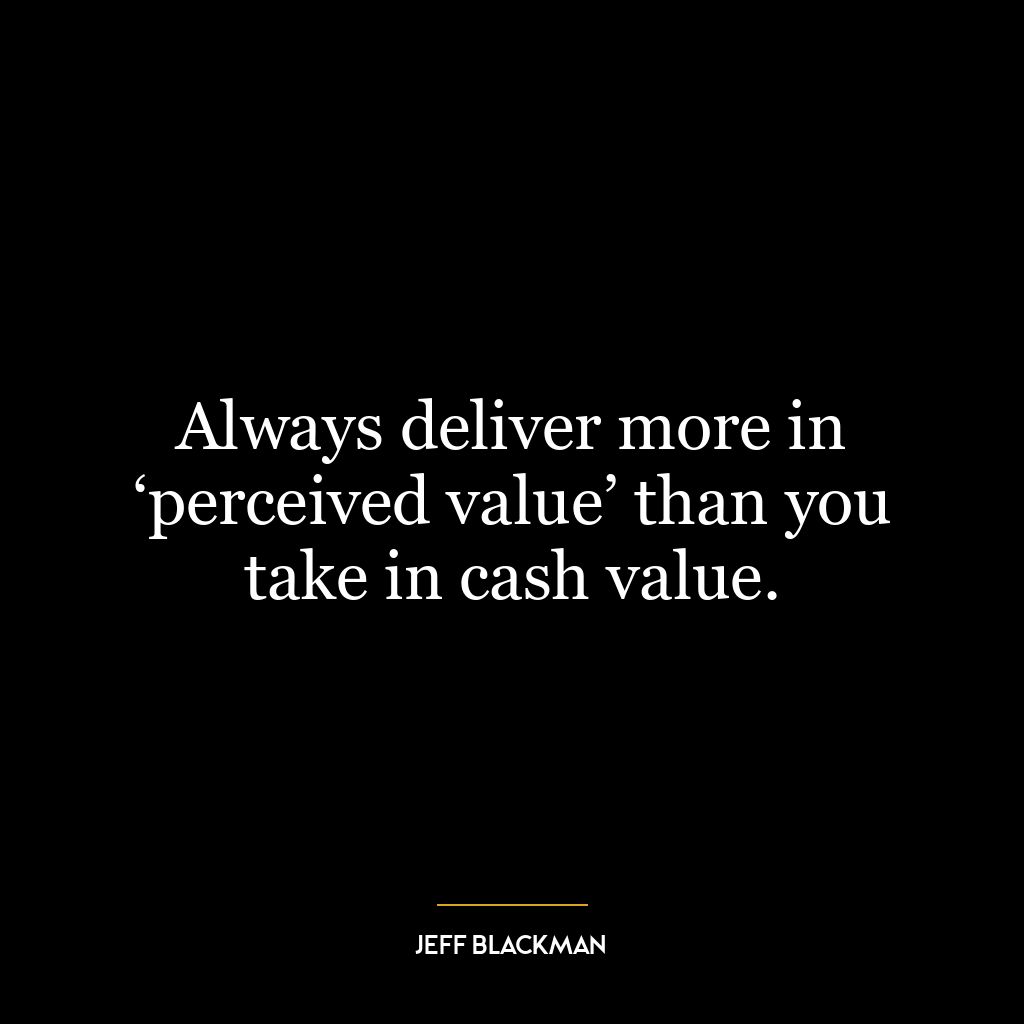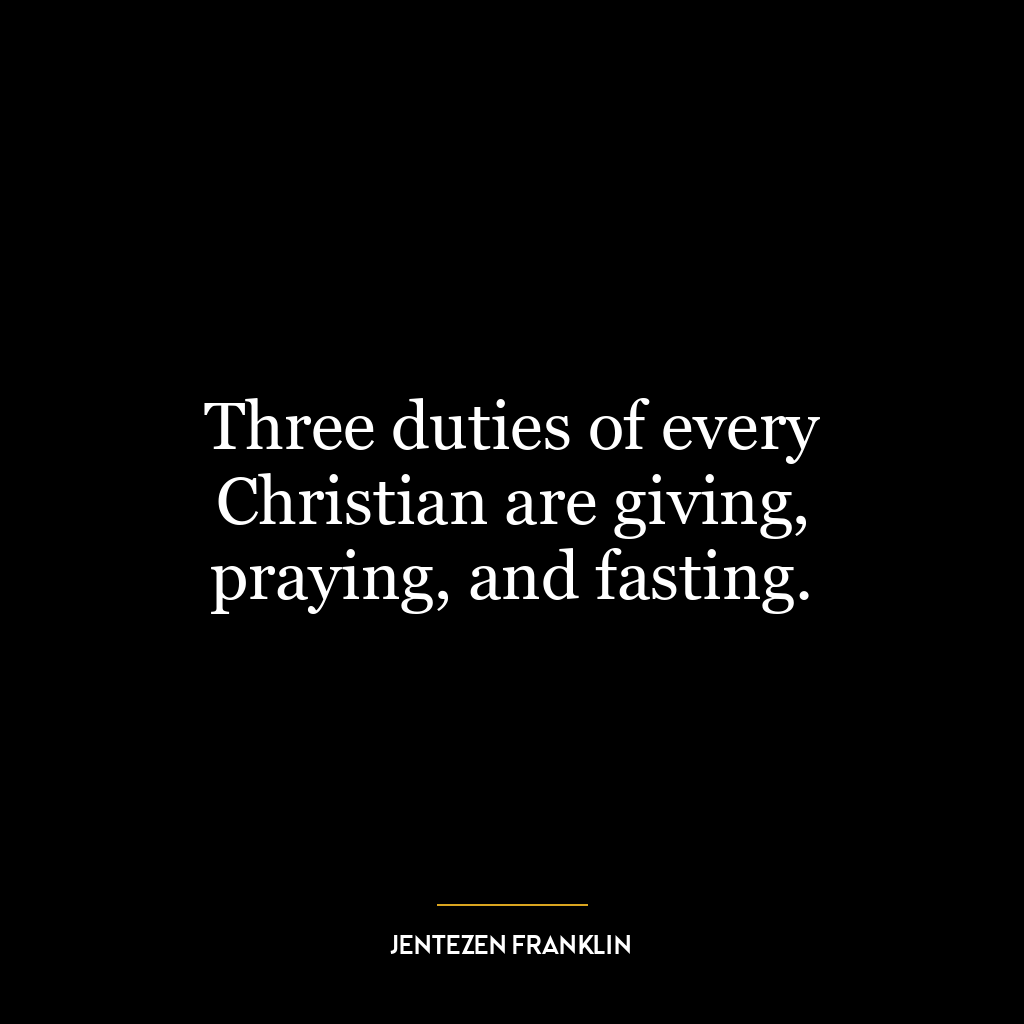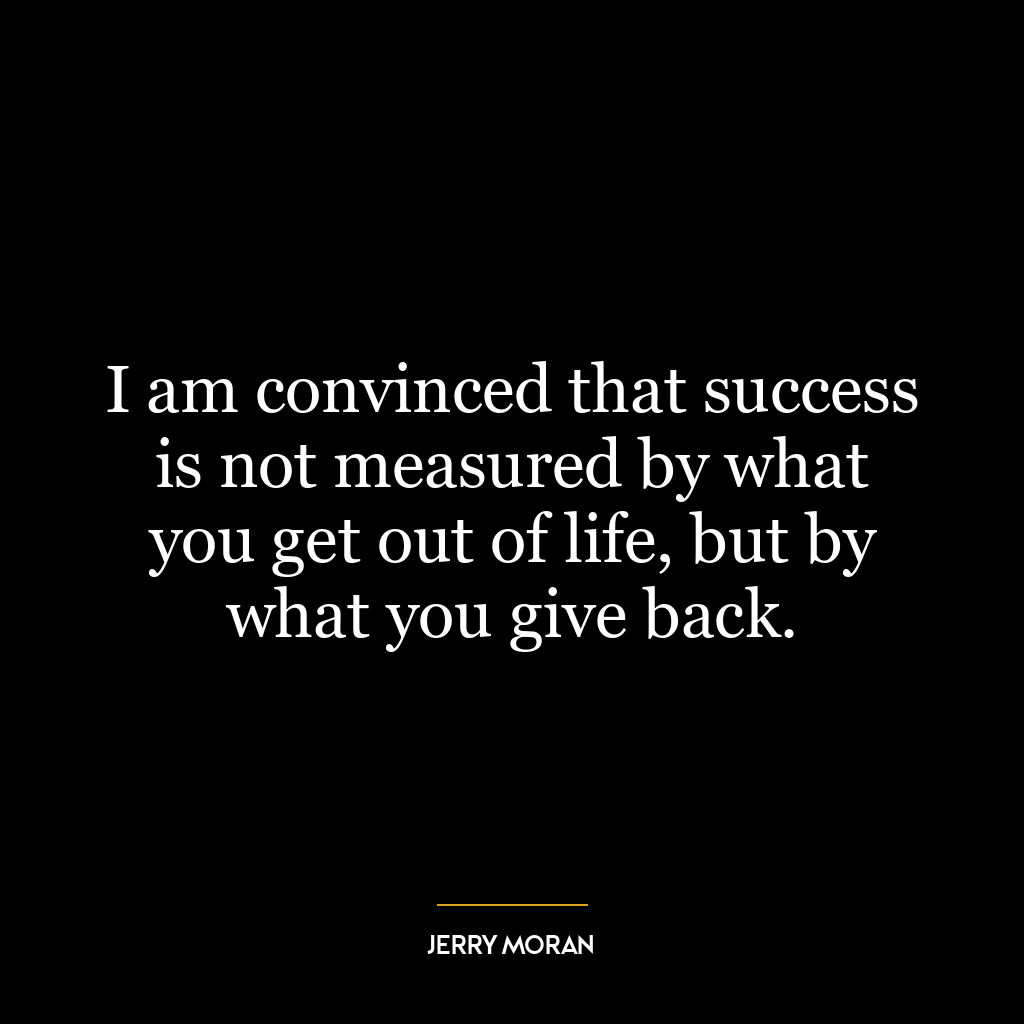This quote is a metaphorical way of saying that you can’t expect to receive something without first giving something in return. It uses the analogy of farming to drive home its point – you can’t expect to harvest crops (reap) if you haven’t first planted seeds (sown).
In a deeper sense, it’s a commentary on the law of reciprocity, which is a social norm observed in many cultures. Essentially, it states that if you give something to someone, they feel an obligation to give something back. It’s a fundamental principle of human interaction, and it’s something that we often do subconsciously.
Applying this principle in today’s world or in personal development could mean a few different things. In a professional setting, for example, it could mean that you can’t expect to get a promotion or a raise without first proving your value to the company. You have to give your time, your effort, and your skills in order to get something in return.
In terms of personal development, it could mean that you can’t expect to grow or improve without first putting in the work. If you want to become more patient, for example, you have to practice patience. If you want to become more knowledgeable, you have to spend time learning.
On a broader societal level, it could also be a commentary on the importance of giving back to your community. You can’t expect to benefit from society without also contributing to it in some way. This could be through volunteering, donating to charity, or even just being a good neighbor.
In all these scenarios, the underlying principle is the same: you have to give in order to get. You have to sow before you can reap. It’s a simple concept, but it’s one that is often overlooked in our fast-paced, instant-gratification society.











